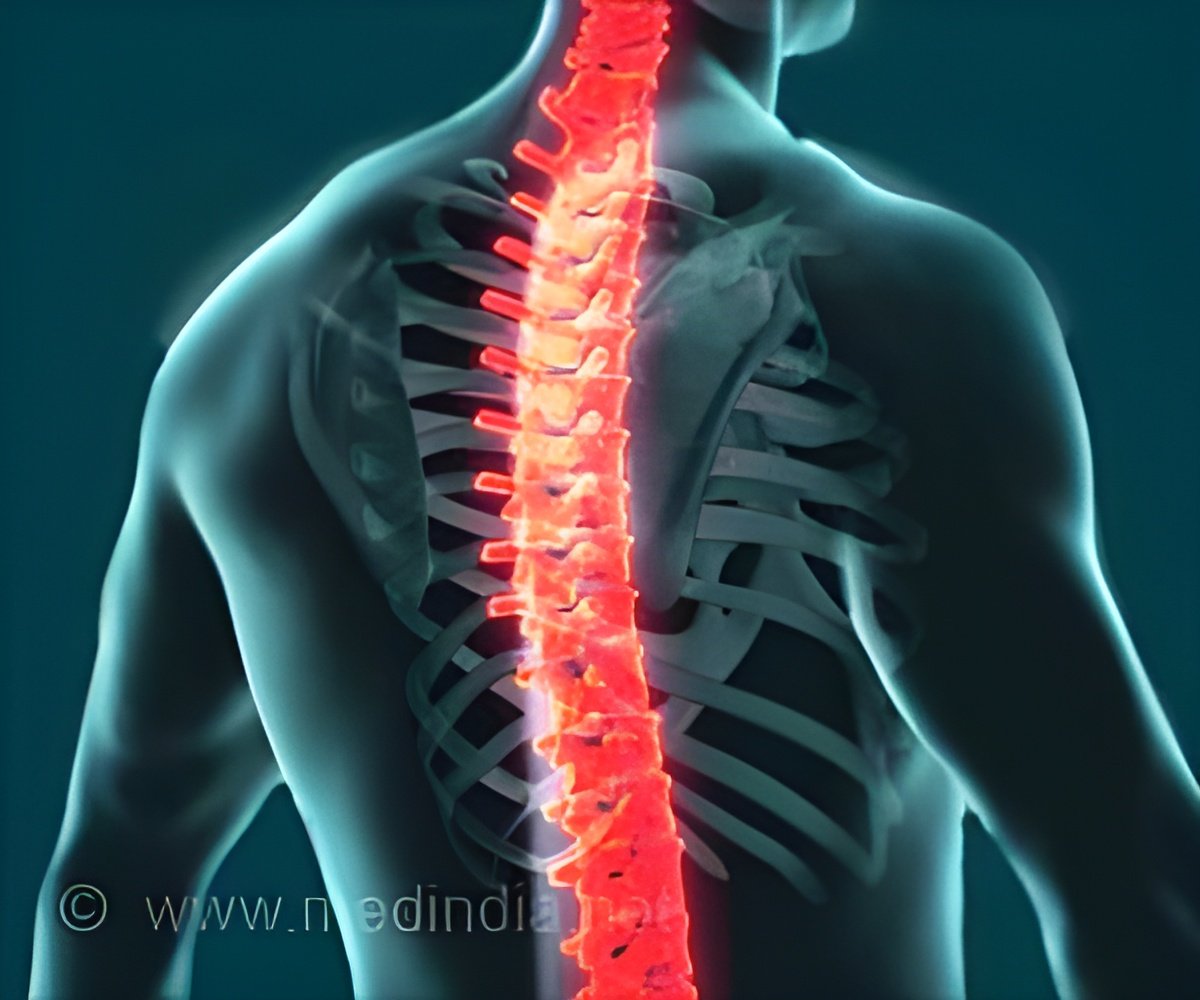Scientists used leaves of Dalbergia sissoo, which are freely available, without harming the tree, for developing medicine that treats osteoporosis.

‘Leaves of Sissoo contain various isoflavones and a compound that improves the microarchitecture of the long bones, increases biomechanical strength and decreases clinical bone turnover markers.’
Read More..




An article published in the International Journal of Research in Pharmacy and Chemistry mentions using Dalbergia sissoo seed to treat burns on the skin, blue itching, and scabies.Read More..
Uses of Rosewood Leaves:
The leaves were used for treating jaundice and other ailments. Decoction of the bark and leaf was used to treat leprosy. Sissoo nectar, when boiled with milk and consumed thrice a day is said to cure any type of fever.Though several studies and research were performed on finding the efficacy of Shisham oil or leaves extract in treating inflammation, etc., because of their analgesic and anti-inflammatory properties, led researchers at the CDRI use it for treating osteoporosis for the first time.
The leaves of Sissoo contain several methoxy-isoflavones and a novel compound that improves the trabecular microarchitecture of the long bones, increases their biomechanical strength and decreases clinical bone turnover markers (osteocalcin and CTX1), and expression of skeletal osteoclastogenic genes.
The leaves also help in new bone formation via the expression of osteogenic genes, studies suggest.
Advertisement
Another one-year postmenopausal clinical trial conducted at Hyderabad and Medical Research Centre, Kasturba Health Society, Mumbai, demonstrated anti-osteoporotic activity, maintenance of bone mineral density, relief from deteriorated musculoskeletal symptoms, and possible fracture reduction.
Advertisement
Source-Medindia












